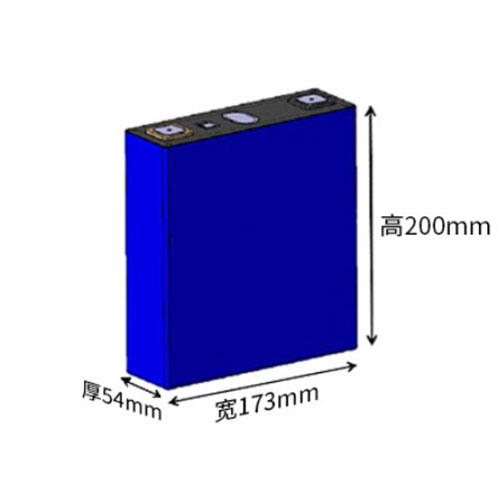Are lithium iron phosphate batteries better than lithium-ion?
2023-10-18
Lithium iron phosphate (LiFePO4) batteries and lithium-ion (Li-ion) batteries are two different types of rechargeable batteries with their own set of advantages and disadvantages. Whether one is better than the other depends on the specific application and requirements. Here are some key factors to consider when comparing LiFePO4 batteries to Li-ion batteries:
1. Safety: LiFePO4 batteries are known for their excellent safety characteristics. They are more resistant to thermal runaway and less prone to overheating, which reduces the risk of fire or explosion. Li-ion batteries, on the other hand, can be more susceptible to thermal runaway under certain conditions. Therefore, LiFePO4 batteries are often preferred in applications where safety is a primary concern.
2. Cycle Life: LiFePO4 batteries generally have a longer cycle life compared to traditional Li-ion batteries. They can withstand a higher number of charge-discharge cycles before their capacity significantly degrades. This makes LiFePO4 batteries suitable for applications that require long-term durability and extended battery life.
3. Energy Density: Li-ion batteries typically have a higher energy density, meaning they can store more energy in a given volume or weight. This higher energy density results in a higher specific energy (energy per unit weight) and specific power (power per unit weight) compared to LiFePO4 batteries. Therefore, Li-ion batteries are often favored in applications where compact size and high energy capacity are critical, such as portable electronics and electric vehicles.
4. Temperature Performance: LiFePO4 batteries perform better at extreme temperatures, both high and low, compared to Li-ion batteries. They can operate more reliably in a wider temperature range, making them suitable for applications where temperature variations are common or extreme.
5. Cost: LiFePO4 batteries tend to be more expensive than traditional Li-ion batteries. The materials used in LiFePO4 batteries, particularly the iron phosphate cathode, can be costlier than those used in Li-ion batteries. However, the cost difference is narrowing as technology advances and economies of scale come into play.
6. Environmental Impact: LiFePO4 batteries are considered more environmentally friendly compared to Li-ion batteries. They contain non-toxic and abundant materials, reducing concerns related to resource scarcity and disposal. Li-ion batteries, depending on their specific chemistry, may contain hazardous materials that require proper handling and recycling.
In summary, LiFePO4 batteries offer advantages in terms of safety, cycle life, and temperature performance, while Li-ion batteries excel in energy density and cost-effectiveness. The choice between the two depends on the specific requirements of the application, considering factors such as safety, longevity, energy density, operating conditions, and budget.



